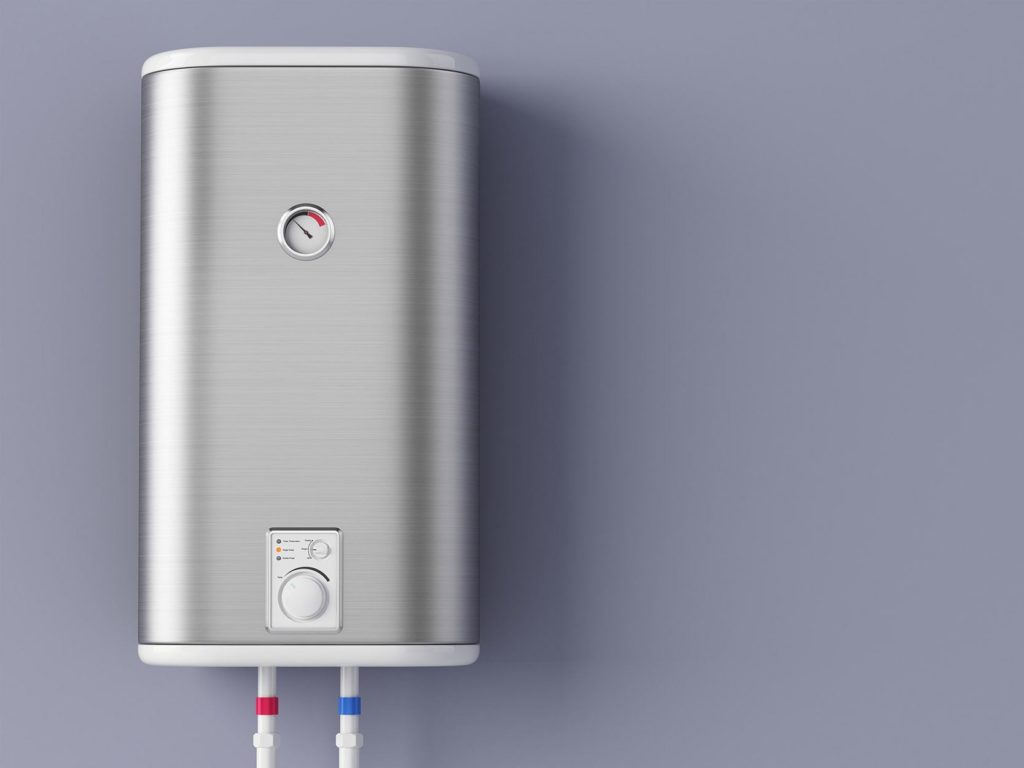LIFESTYLE
Advantages and Disadvantages of an Electric Water Heater

Heat is becoming such a need in modern life that individuals usually do not consider it until something terrible happens. When it comes right down to it, individuals are pretty fortunate to have enough heated water available at all times.
It takes a lot of power to heat water in your home. Heating water accounts for around 12% of a typical home’s energy use. The amount of energy consumed by your hot water system is determined by the amount of hot water you down and the kinds of water heater you purchase. As a result, when it’s better to upgrade your home’s water heater, it’s critical to weigh numerous possibilities before making the decision.
An electric water heater is one of the most common alternatives for residential water heating, but understanding the benefits and drawbacks of having this water heater against gas choices can be difficult. The following are among the most significant advantages and disadvantages of employing an electric water heating system:
The Advantages of an Electric Water Heater
There are several reasons why families should purchase electric water heaters rather than gas water heaters; here are a few of the most significant benefits of an electric water heater have over the competition:
Lower Initial Prices
When it comes to the initial cost, an electric water heater is probably the most economical of all the hot water system options at hand on the market. Significantly, despite the fuel applied to generate it, the price will be primarily determined by the type and size of the water heater. Conventional tank water heaters, for example, are affordable upfront. Just note that the price difference between different kinds of water heaters is primarily due to installation costs.
Efficiency
Examining the efficiency factors of several water heaters is the easiest way of comparing their effectiveness (EF). This statistic determines how efficiently a water heater generates hot water by calculating the amount of fuel or energy needed to heat the water. Evaluating the effectiveness of each form of water heater is simple once you have the EF values. Also, more excellent performance heaters will have greater EF values.
Safeness
Gas and electricity are water heaters that are safe options for boiling the water. Like any other gasoline-powered equipment, water heaters are vulnerable to gas leaks if they are powered by natural gas or propane. You can reduce these dangers by performing regular servicing and checkups on the gas. Although electrical devices get their own set of security problems, the odds of a gas leak are far greater than any electric safety risk with a water heater.
Accessibility
Almost every residence is connected to an electric system, and as a result, they all have access to energy. It implies that you can use an electric water heater efficiently in almost any household.
If you want to install a gas water heater, though, you’ll need to make sure that your property is linked to a propane tank or has a gas source of supply. Implementing these changes for the sake of establishing a gas water heater can be pricey if you don’t already have them.
The Disadvantages of an Electric Water Heater
The electric water heater isn’t always the most excellent option for a home. Several of the disadvantages of purchasing an electric water heater are as follows:
Time to Heat and Speed of Recovery
The process of heating water will take significantly longer with the electric water heater than it could with a gasoline water heater. This is because the burning of gasoline produces heat faster and quickly (sometimes almost twice as quickly) than electric heat.
Moreover, gas water heaters have a better recovery rate than electric water heaters. For instance, gas water heaters could be necessary for larger homes with higher hot water demands. On the other hand, houses with only a few members will not need the same return rate as gas heaters.
Outages of Electricity
With just an electric water heater, you can’t access hot water if the system drops down due to bad weather or another incident. However, gas water heaters may keep running even if the electricity goes off.
If it’s moving to be a significant factor in your selection, be sure that the gas water heater doesn’t require electricity to work. Even though electrical power isn’t the primary fuel, some contemporary gas water heaters employ an electric ignition instead of a starter light. In the case of an outage of electricity, these sorts of water heating systems will be rendered useless.
Costs of Operation
Although an electric water heater is much more effective than a gas water heater, warming your water system with gas will undoubtedly save you expenses in the long run. The fee of the fuel source is the reason behind this. Natural fuel is now one of the most inexpensive forms of energy, while electricity is often substantially higher.
Because the prices of electricity and natural fuel differ by place, it’s a wise option to make that comparison before deciding which type of heater you should use for your home. Certain utilities may provide monetary incentives to customers who install electrical water heaters, making it a more cost-effective choice.

